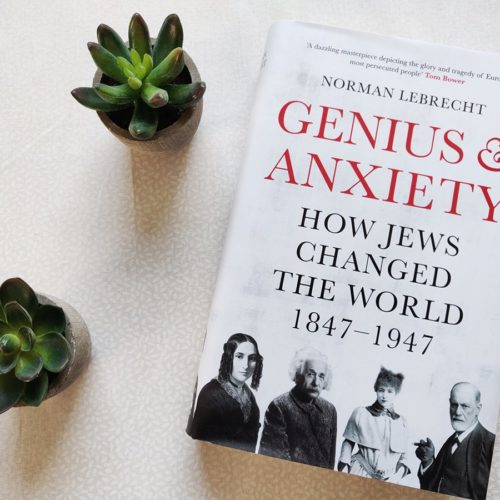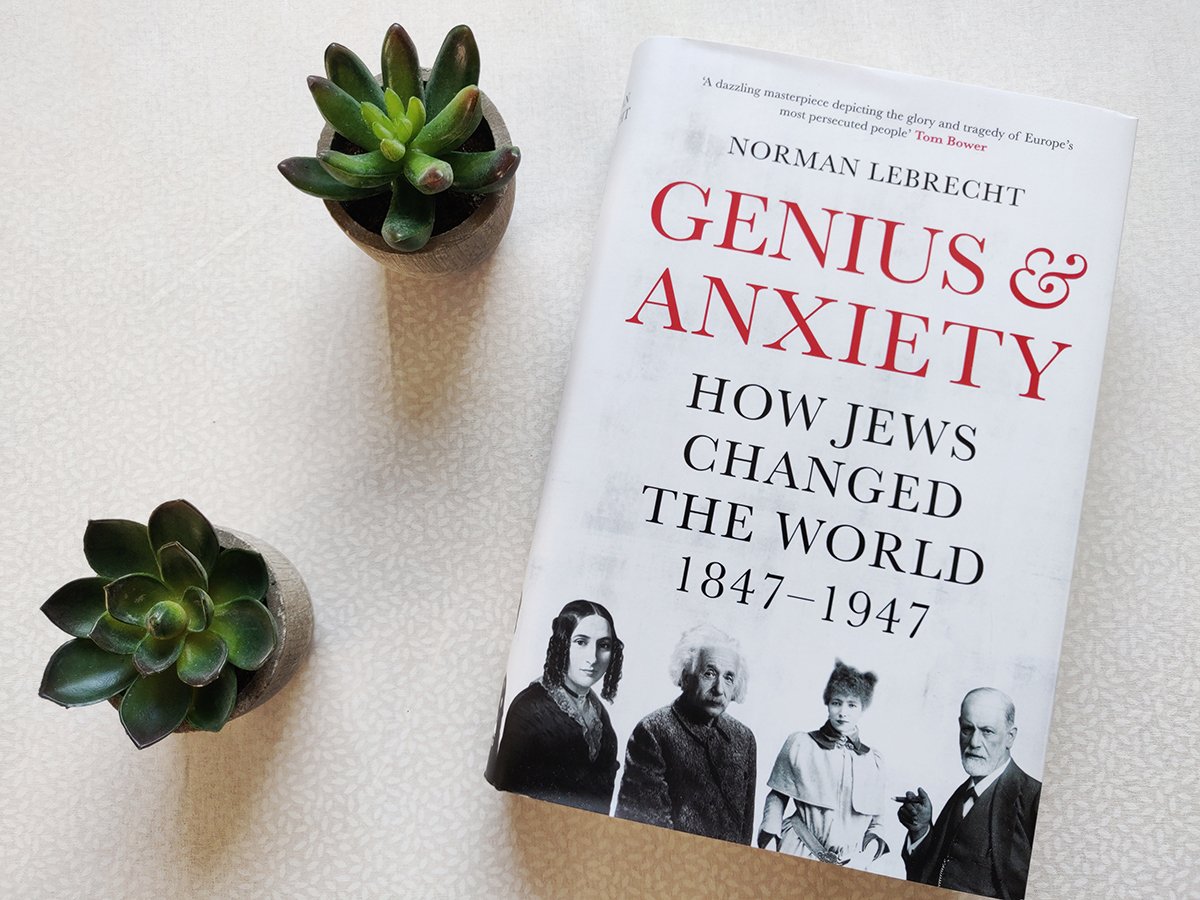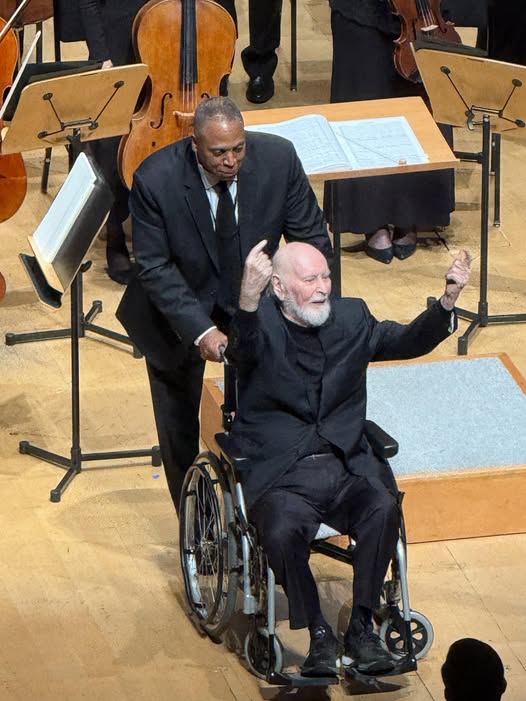Do Jews have a problem with football?
mainIn my new book Genius and Anxiety: How Jews changed the world, 1847-1947 I try to isolate some of the ways in which Jews see things from a different perspective.
Like this, for instance:


In my new book Genius and Anxiety: How Jews changed the world, 1847-1947 I try to isolate some of the ways in which Jews see things from a different perspective.
Like this, for instance:

It’s lawyers at dawn in the Deep South…

Enrique Batiz died last week in his home…

It bwas made known today that Alexander Hamilton…

Pictures have reached us from Friday night’s John…

Session expired
Please log in again. The login page will open in a new tab. After logging in you can close it and return to this page.
Comments